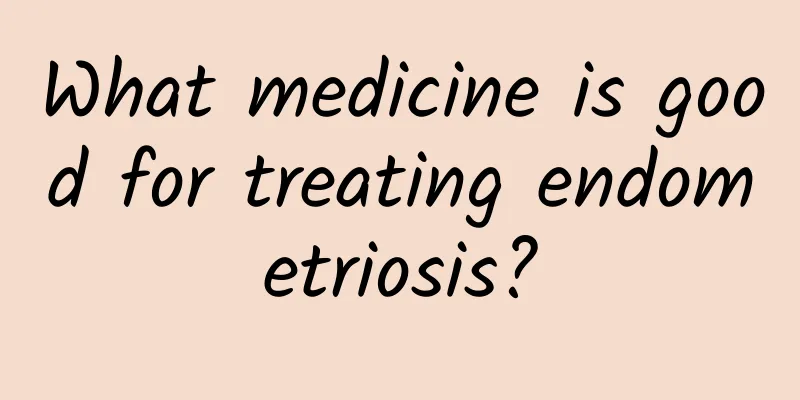Loose teeth in the elderly may lead to nutritional problems

|
Due to the increase in average life expectancy and the decrease in the birth rate, an aging society has arrived, and oral care for the elderly has become an issue that cannot be ignored. The elderly are prone to gradual weakening and atrophy of their teeth and gums due to aging, and may even suffer from common oral diseases such as bad breath, toothache, caries, periodontal disease and oral cancer. When teeth are loose and loose, not only will the chewing ability be greatly reduced, but the diet will also be restricted, causing a nutritional intake crisis, or even more serious gastrointestinal diseases and the three high diseases. Dentist Li Wanxuan said that elderly people with poor dental health have poor chewing ability and are prone to nutritional intake crises. Dentist Li Wanxuan said that elderly people with poor dental health have poor chewing ability and often have difficulty swallowing tough meats, vegetables that need to be ground, and harder foods. Even if removable dentures are installed to restore chewing function, the chewing force can only reach one tenth of that of normal teeth. In addition, many elderly people feel uncomfortable wearing dentures and prefer soft foods that do not require chewing. Due to insufficient nutritional intake, they are prone to dry mouth and unconsciousness. In addition, improper eating habits may cause oral diseases such as angular cheilitis, denture stomatitis, glossitis, and alveolar bone resorption; insufficient vitamin intake can easily cause atrophy and degeneration of the oral mucosa. In addition to oral diseases, Dr. Li Wanxuan said that through the Nutritional Monitoring Initiative (NSI) assessment, it was found that if nutrition is not properly taken in, it is easy to lose nutrients such as vitamin D, vitamin C, niacin, calcium, iron, etc., resulting in poor gastrointestinal function, decreased mental awareness and activity, and in severe cases, it may cause stroke, Alzheimer's disease, Parkinson's disease and other diseases. Dr. Li Wanxuan said that balanced and adequate nutrition can help improve oral diseases in the elderly and reduce complications of other diseases. However, the amount of nutrition that the elderly need to consume is only two-thirds of that of healthy adults, so they still need to pay attention to increasing the quality of nutrition (high nutrient density). According to the six major food categories of the Food Guide Pyramid proposed by the U.S. Department of Agriculture, cereals account for the largest proportion of the daily diet, about 3 to 6 bowls. Others include vegetables, dairy products, fish, meat, beans, and fruits. As for the intake of fats and sugars, they are the least. (For detailed specific gravity, please refer to the figure below) In addition to nutritional intake, in order to take care of dental health, dentists still remind that the elderly should pay more attention to oral hygiene. It is recommended to use a soft-bristled or children's toothbrush, brush teeth for 3 minutes after eating, and have regular dental examinations every 3 to 6 months. Patients wearing removable dentures should not forget to return for regular checkups to prevent the dentures from shaking due to absorption of the dental ridges, rubbing against the oral mucosal tissue and causing precancerous leukoplakia lesions of oral cancer. |
Recommend
Diet therapy for endometrial tuberculosis
Endometrial tuberculosis is a serious disease. Su...
Top 10 vegetables that can cause miscarriage
Some vegetables that are believed to increase the...
What should I do if I have irregular menstruation at the age of 40? Eating more of these 10 foods is very beneficial for irregular menstruation
1. 20 jujubes, 10 grams of motherwort, 10 grams o...
Points to note for patients with ectopic pregnancy in daily life
What are the things that patients with ectopic pr...
Can habitual abortion be cured? Doctors say prevention is the key
There are many reasons for spontaneous miscarriag...
Comparison of suction uterine abortion and medical abortion
Artificial abortion, also known as artificial abo...
Skinny beauty eats and drinks too much, high blood pressure comes to her quietly
Some people try desperately to lose weight, but t...
How to diagnose chronic cervicitis in women? Differential diagnosis method of chronic cervicitis in women
Chronic cervicitis is a common gynecological dise...
Do you know the symptoms of pelvic inflammatory disease?
When it comes to pelvic inflammatory disease, not...
The most common manifestations of adnexitis
Among all kinds of gynecological inflammation, ad...
Nuts not only prevent cardiovascular disease, but also have 3 major benefits! If you eat more than this amount, you will get fatter
Nuts have become a popular health food in recent ...
Can I eat grilled fish during my period? It’s best not to eat spicy food
Grilled fish is a kind of food that many people l...
What are the dietary precautions after ovarian cyst surgery?
What are the dietary precautions after ovarian cy...
It is easy to lose weight if you eat vegetables first and then drink soup in the right order!
You don't need to starve yourself to lose wei...
The causes of ovarian cysts are very wide
Ovarian cysts have become a common disease in our...









